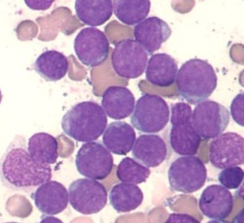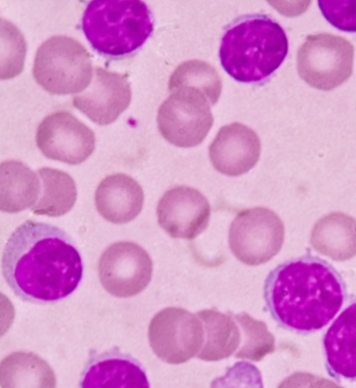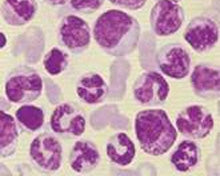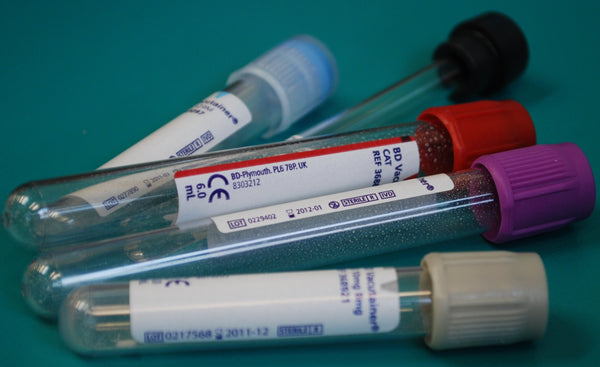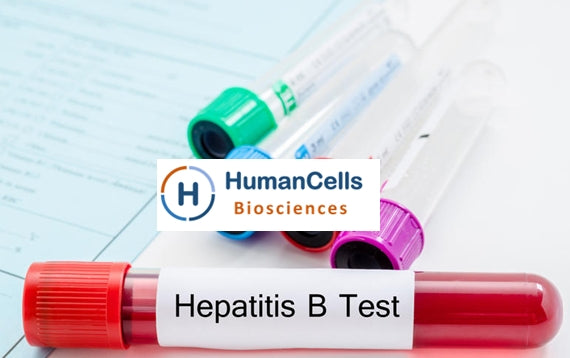Crohn's Disease Leuko Pak / Whole Blood / Plasma
Crohn’s disease is a chronic systematic inflammatory disease with no known causes, characterized by inflammation of the digestive gastrointestinal (GI) tract. Crohn’s disease can affect any part of the GI tract, from the mouth to the anus, but it is most commonly found at the end of the small intestine (the ileum) where it joins the beginning of the large intestine (or colon). Colon is another place that is commonly affected by Crohn's disease. In Crohn's disease, chronic diarrhoea is the most common presenting symptoms. A diagnosis is made by combining clinical symptoms with imaging and laboratory data. Susceptibility loci have been identified for Crohn's disease, including NOD2, IL23R and ATG16L1 genes. Besides genetics, environmental, immunological and commensal microbiota have all been shown to contribute to the development of the disease.
Crohn’s disease leuko paks are obtained when patients become available to our network of clinicians, by a donation process where blood is withdrawn from the donor via leukapheresis utilizing an apheresis machine such as COBE Optia®. The donor’s white blood cells are selectively collected and the remaining portion of the blood is reinfused to the body. We can also collect whole blood and plasma samples from the patients. Some disease types may have a long backorder depending on the frequency of the disease occurrence in the general population.
HumanCells’ Crohn's Disease products are obtained from patient donors who are fully consented and IRB approved.

| Catalog# | Format | Product name | Size | Price | Quantity |
|---|


